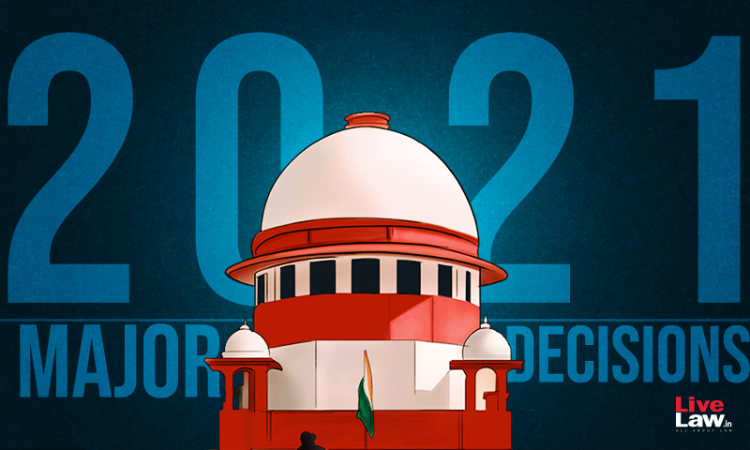Supreme Court CPC Digest : Important Civil Law Judgments Of 2021
LIVELAW NEWS NETWORK
31 Dec 2021 7:58 PM IST

Next Story
31 Dec 2021 7:58 PM IST
The Code of Civil Procedure, 1908 [CPC] is an important law as far Civil law practitioners are concerned. Various High Courts have interpreted many provisions of the Code differently. The following are some of the important judgments delivered by the Supreme Court which deals with CPC.Appellate Court's Jurisdiction Under Section 96 CPC Involves Rehearing On Questions Of Law As Well As...
